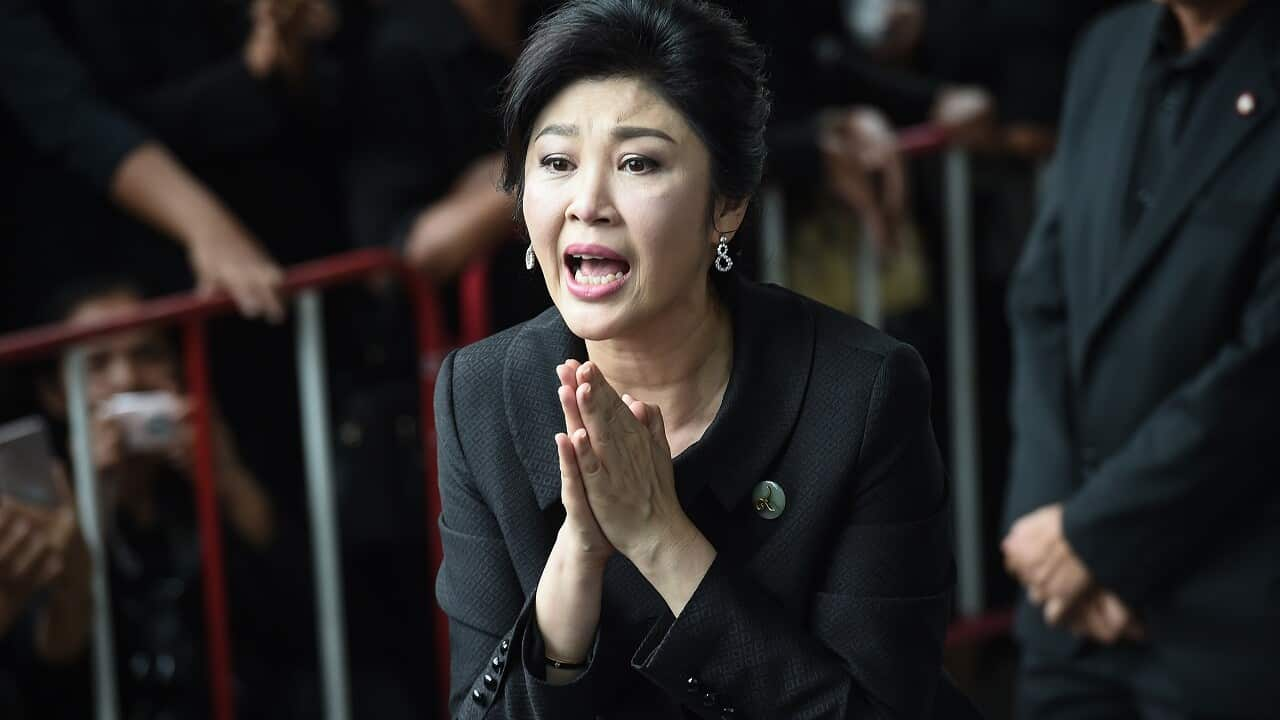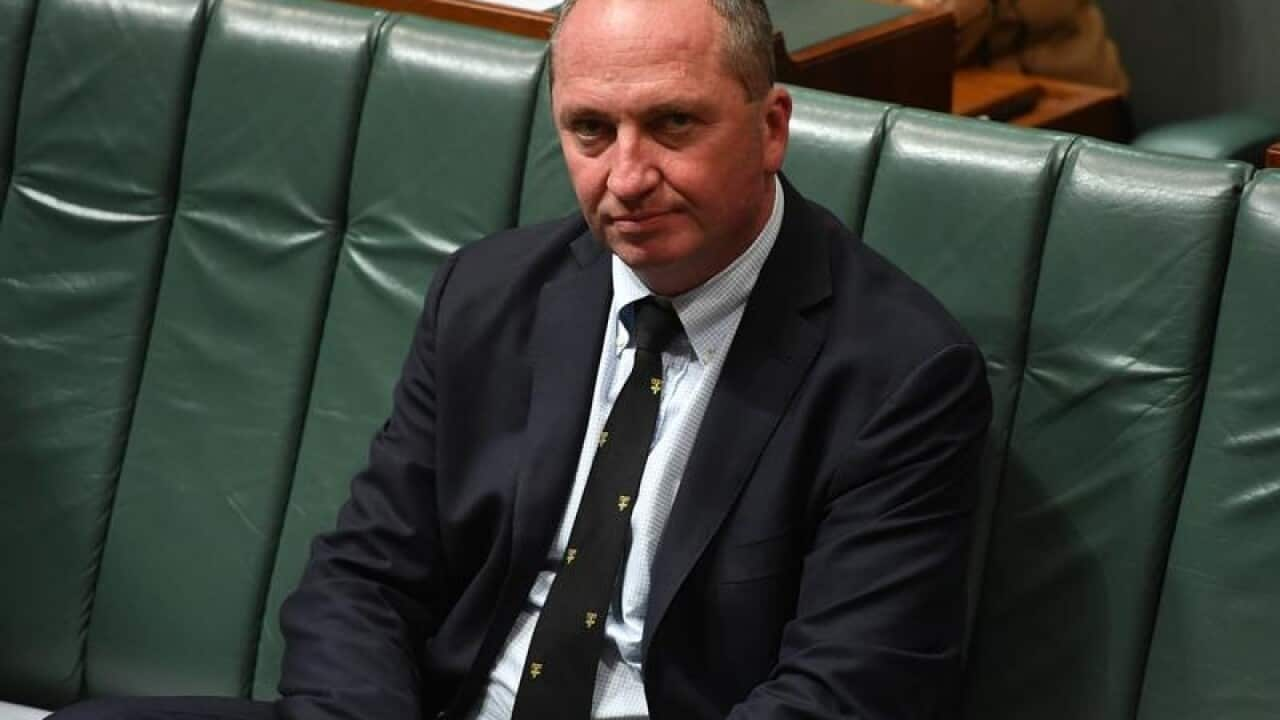Australian foreign minister Julie Bishop said her government was committed to introducing an anti-slavery act modelled on the UK act from 2015, which would force big business to report their efforts to eradicate abusive work practices.
"The UK act focused on ensuring that large businesses over a particular level were required to report what they were doing in relation to ensuring transparency in supply chains and the steps they're taking against modern salvery," she said.
But she refused to commit to a timeline for implementation.
Ms Bishop co-chaired the meeting with her Indonesian counterpart Retno Marsudi, and business co-chairs Australian mining billionaire and philanthropist Andrew Forrest with Indonesian media mogul Eddy Sariaatmadja.
This was the first time the six year old intergovernmental Bali Process had included corporate leaders, in a move which Mr Forrest said had the power to end the practice of slavery in the Indo-Pacific.
"It is true that some 32 million people in the Indo-Pacific region suffer the servitude and incarceration of slavery," Mr Forrest said. "But it’s also true that business and government have come together for the first time, and we have the power to end it. This has never been done before."
Mr Forrest said there was "three-quarters of a trillion dollars' worth" of global supply chains represented in the meting and called for a global network of independent commissioners for companies to call upon to confidentially investigate suspicions of slavery in their supply chains.
He called upon governments in the region to enact legislation to force companies to report their anti-slavery processes.












